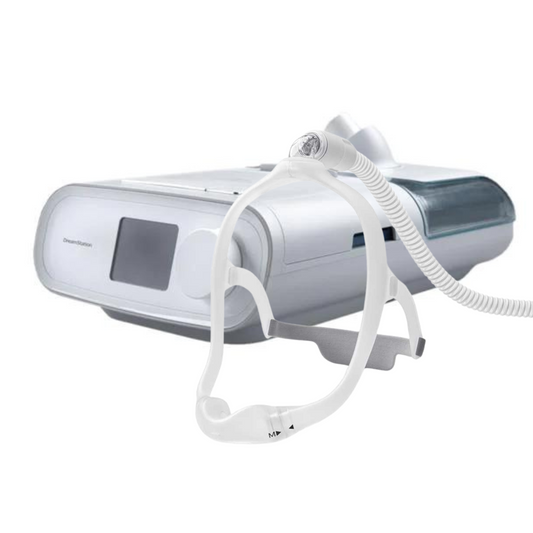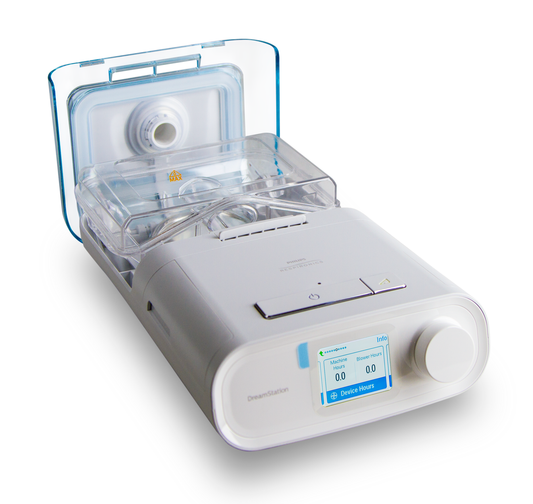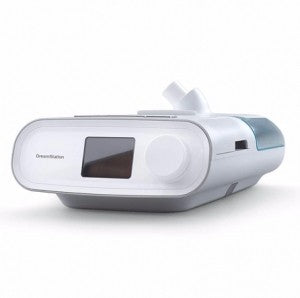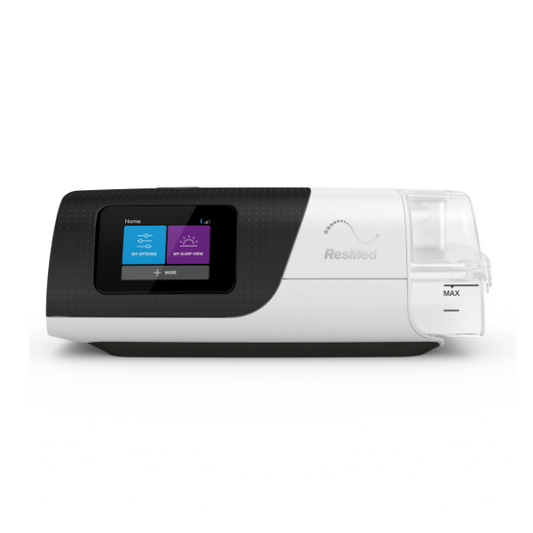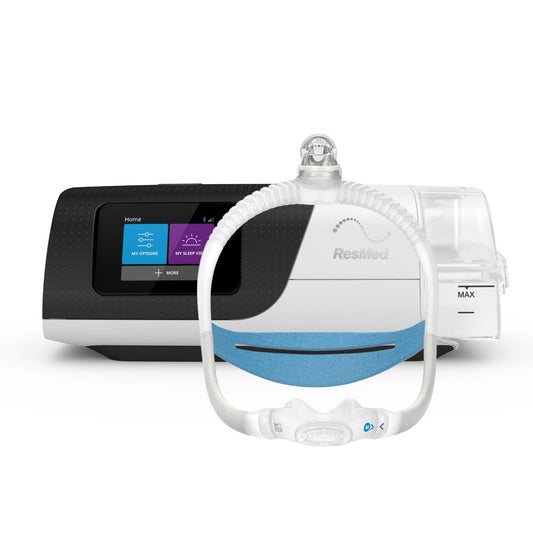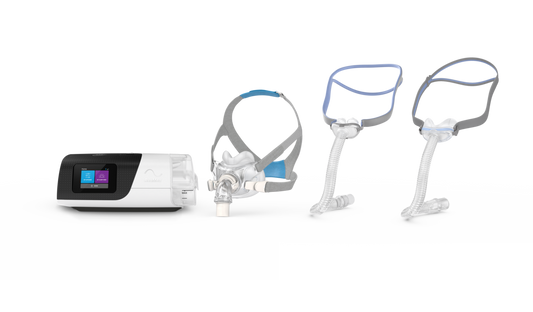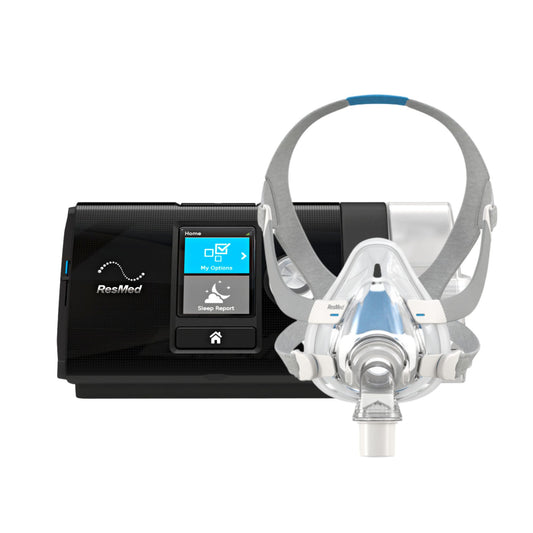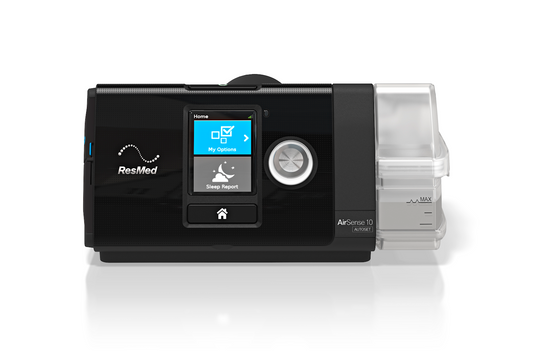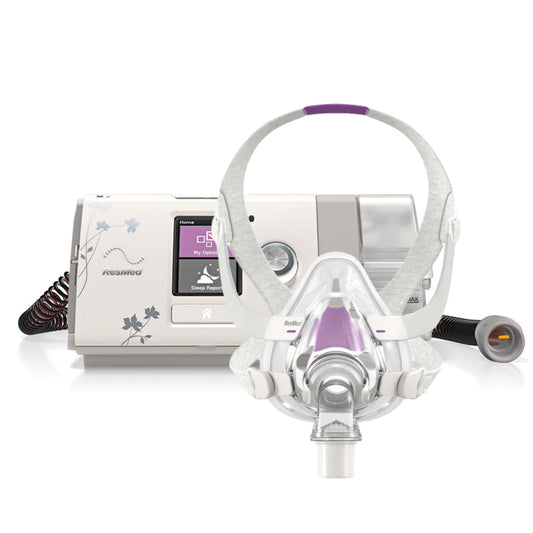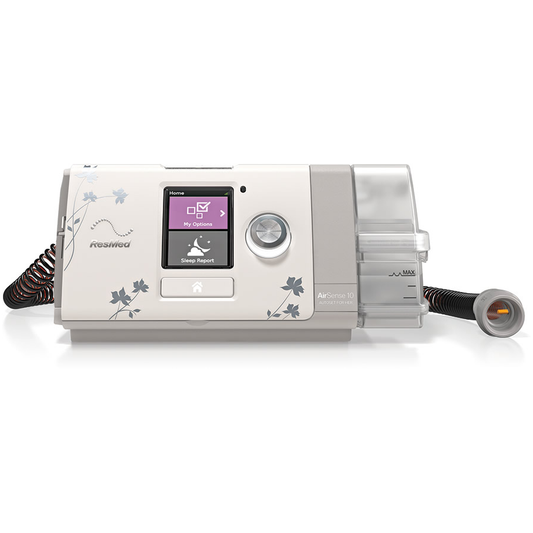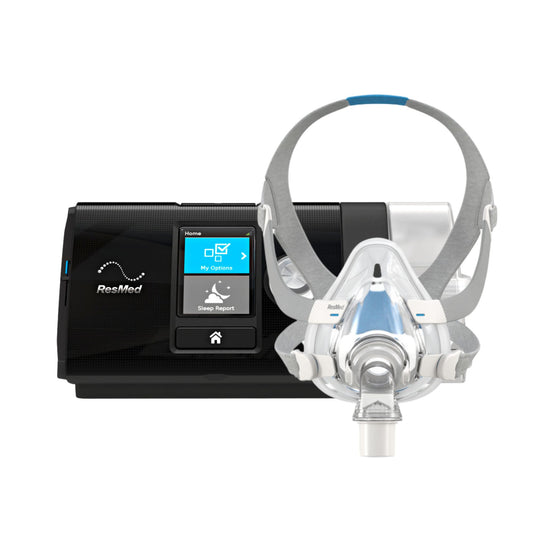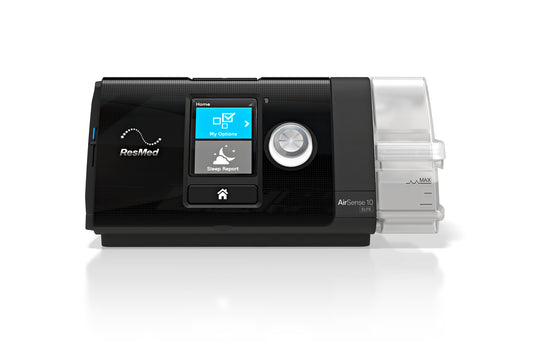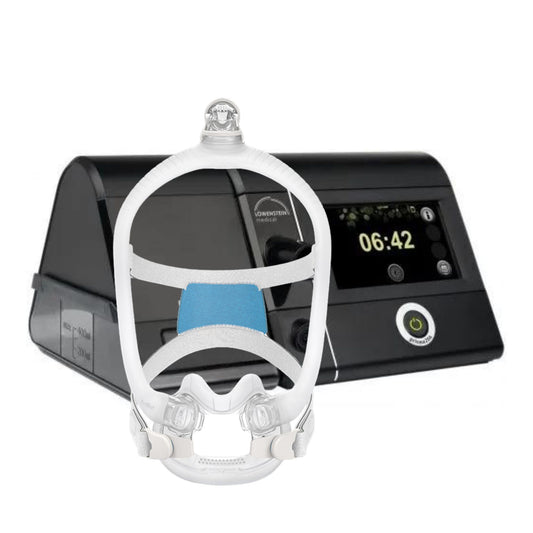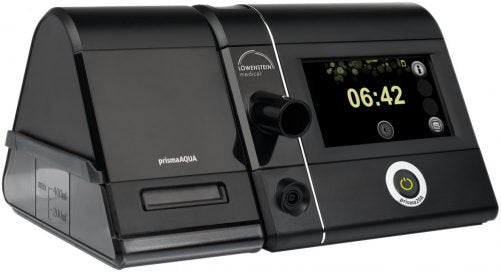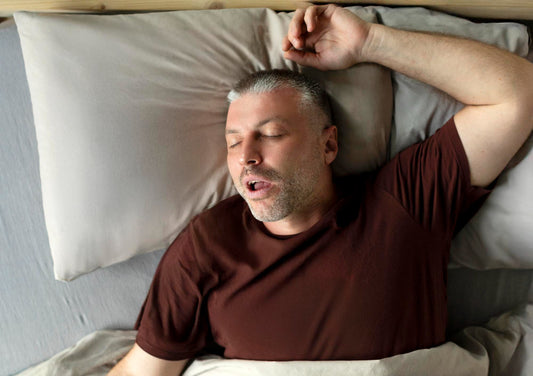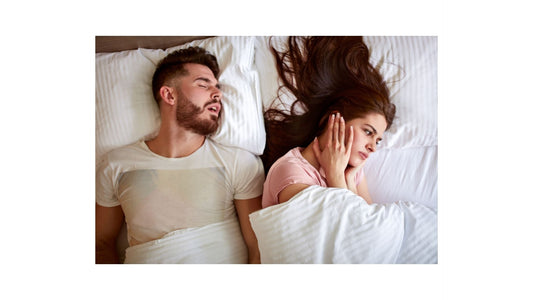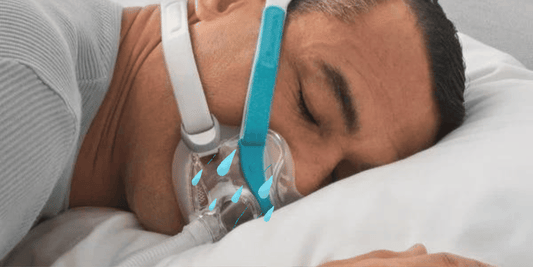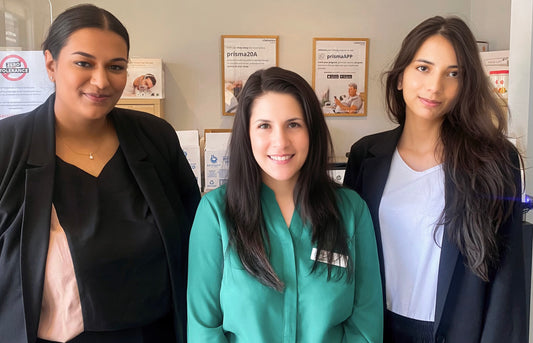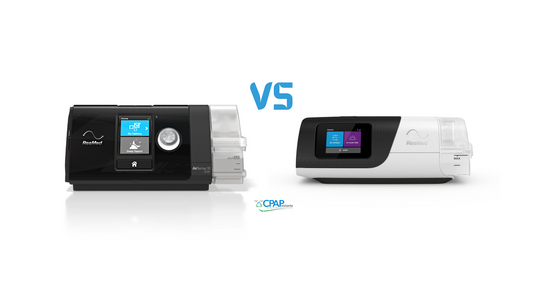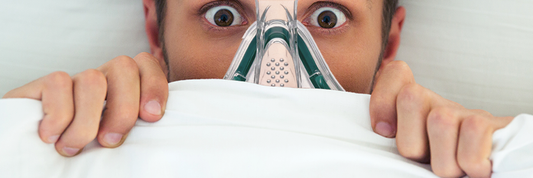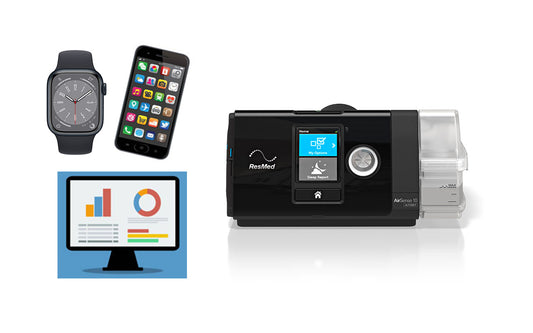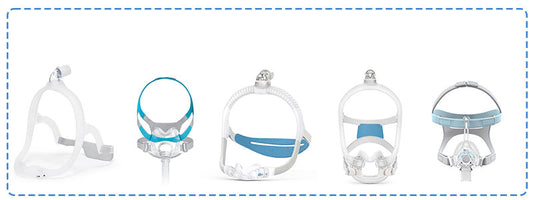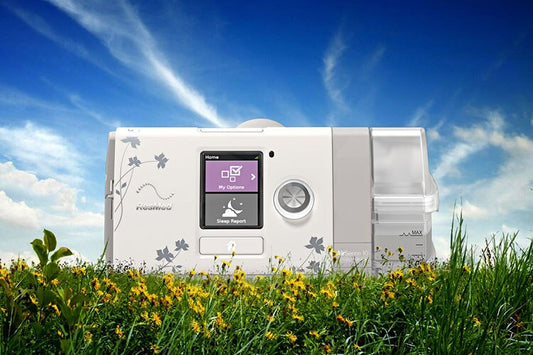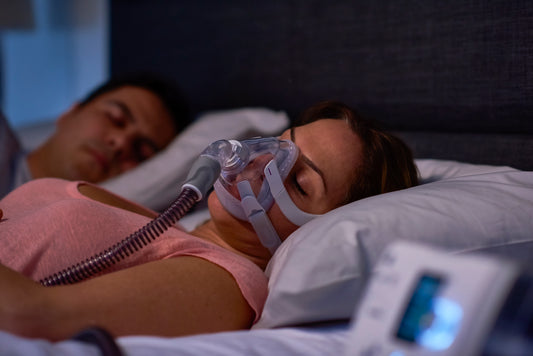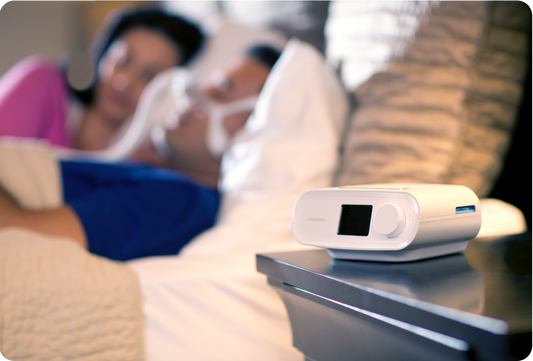Sleep Apnoea Symptoms
Some of the common sleep apnoea symptoms are listed below.
Day time – early morning headaches, dry mouth/sore throat, irritability, excessive fatigue, slow reaction time, memory loss, vision problems, poor concentration and falling asleep during routine activities
Night time – snoring, pauses in breathing, restless sleep and sudden bouts of awakening with a choking or gasping sensation.
Health contributors – hypertension, liver impairment, type 2 diabetes and being overweight or obese.
In addition to the above problems, OSA can also increase the risk of driving accidents and work-related accidents. In extreme cases, if OSA is untreated, it can also lead to death.
If you think you have OSA, speak to a qualified GP about your day and night symptoms. You should be referred to a sleep physician for more extensive assessment and testing of your condition. Once you’ve been diagnosed the sleep physician will advise your most suitable treatment options.
Wait a minute, what is Sleep Apnoea?
Sleep Apnoea is a common medical disorder that interrupts breathing while you are asleep. There are three types of sleep apnoea – central, obstructive and complex or mixed sleep apnoea. By far the most common sleep apnoea is Obstructive Sleep Apnoea (OSA).
For people with OSA, the muscles that control the tongue and soft palate relax as you fall asleep, the airway becomes narrower and begins to collapse and normal breathing slows or stops completely. After a few seconds, or in severe cases a few minutes, the brain realises there’s a lack of oxygen and wakes up the body. This event can happen from a couple of times to hundreds of times during the night severely disrupting the sleep cycle. The result of this poor sleep quality is fatigue and excessive sleepiness during the day.
Sleep apnoea is usually noticed by an observer who witnesses the patient during episodes. This condition is more prevalent in adults but can also occur during childhood. The condition becomes more severe as the patient gets older and if left untreated.
At CPAP Victoria we use a variety of treatments to assist patients who have OSA. Bring your written referral from your sleep physician so we can work with you to find a system that will treat your condition the best.
Find a clinic or call us now for a consultation 1300 750 006.
